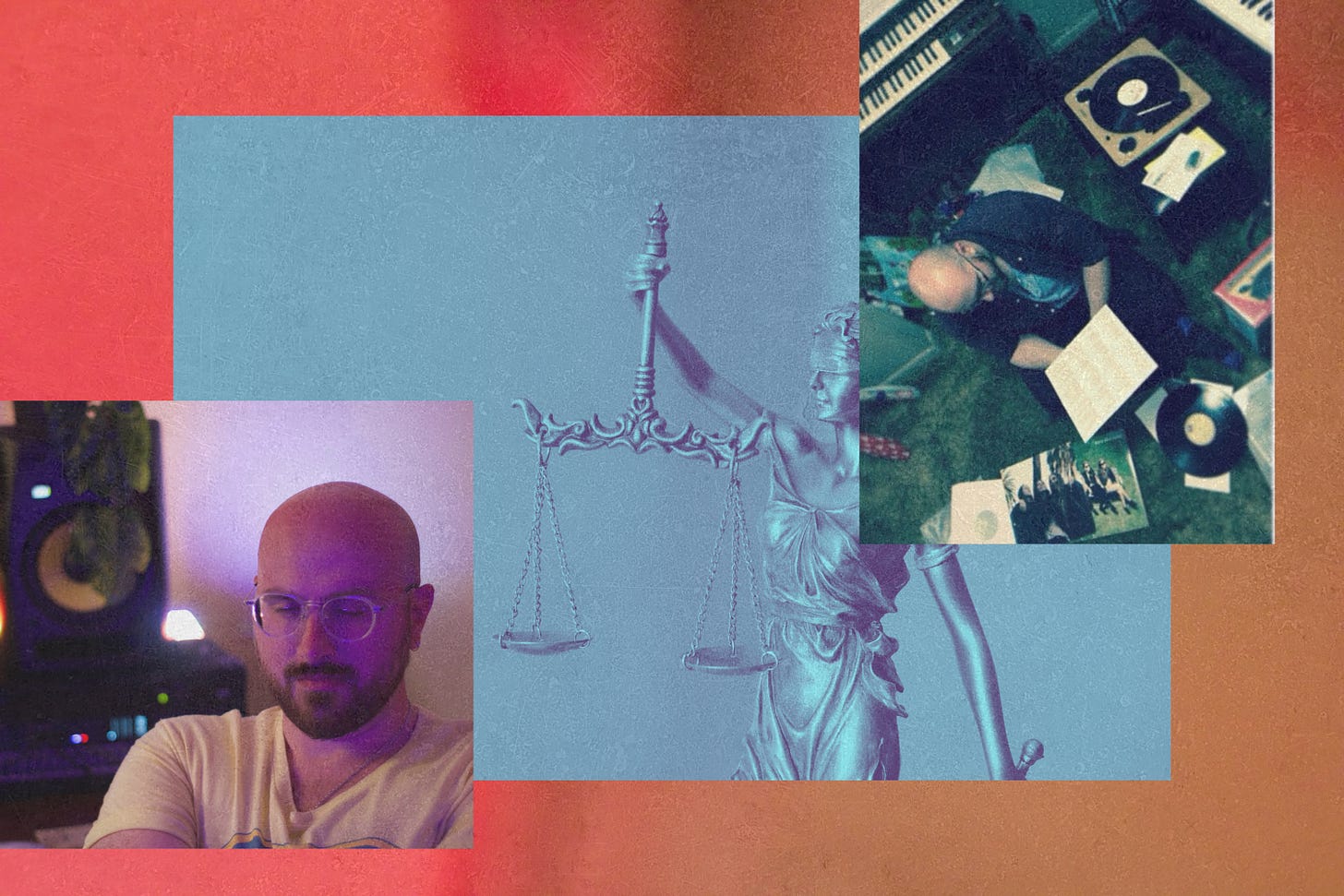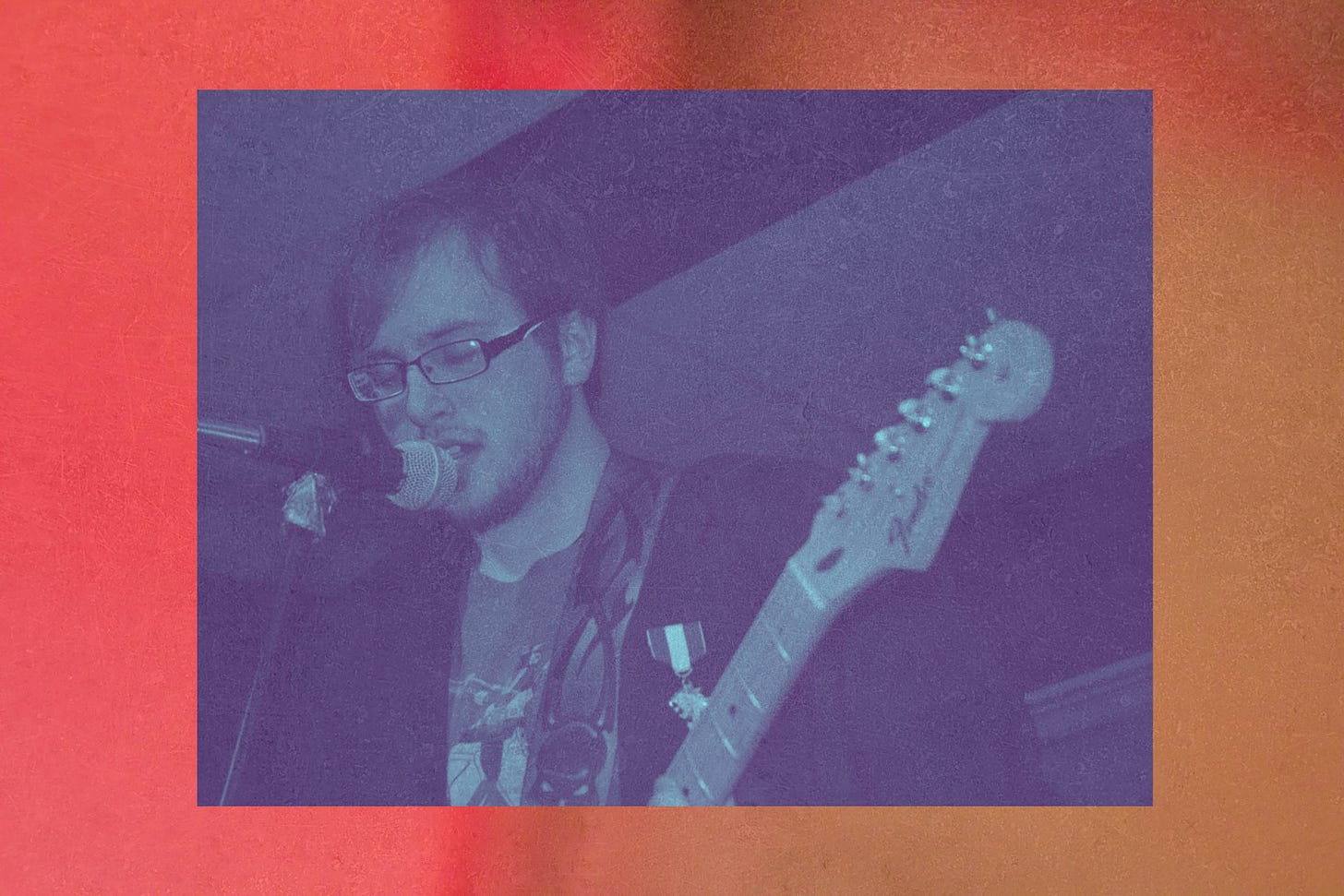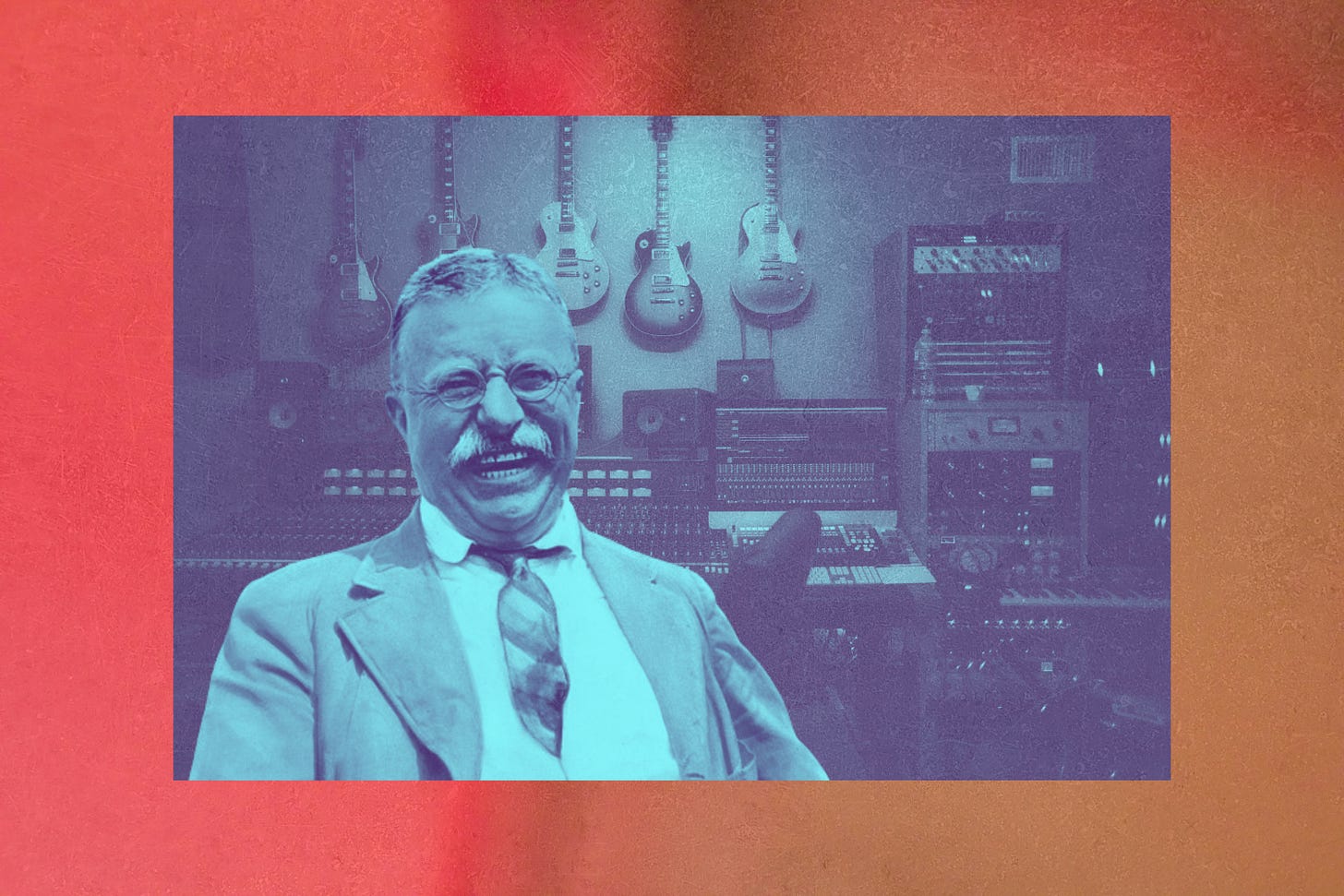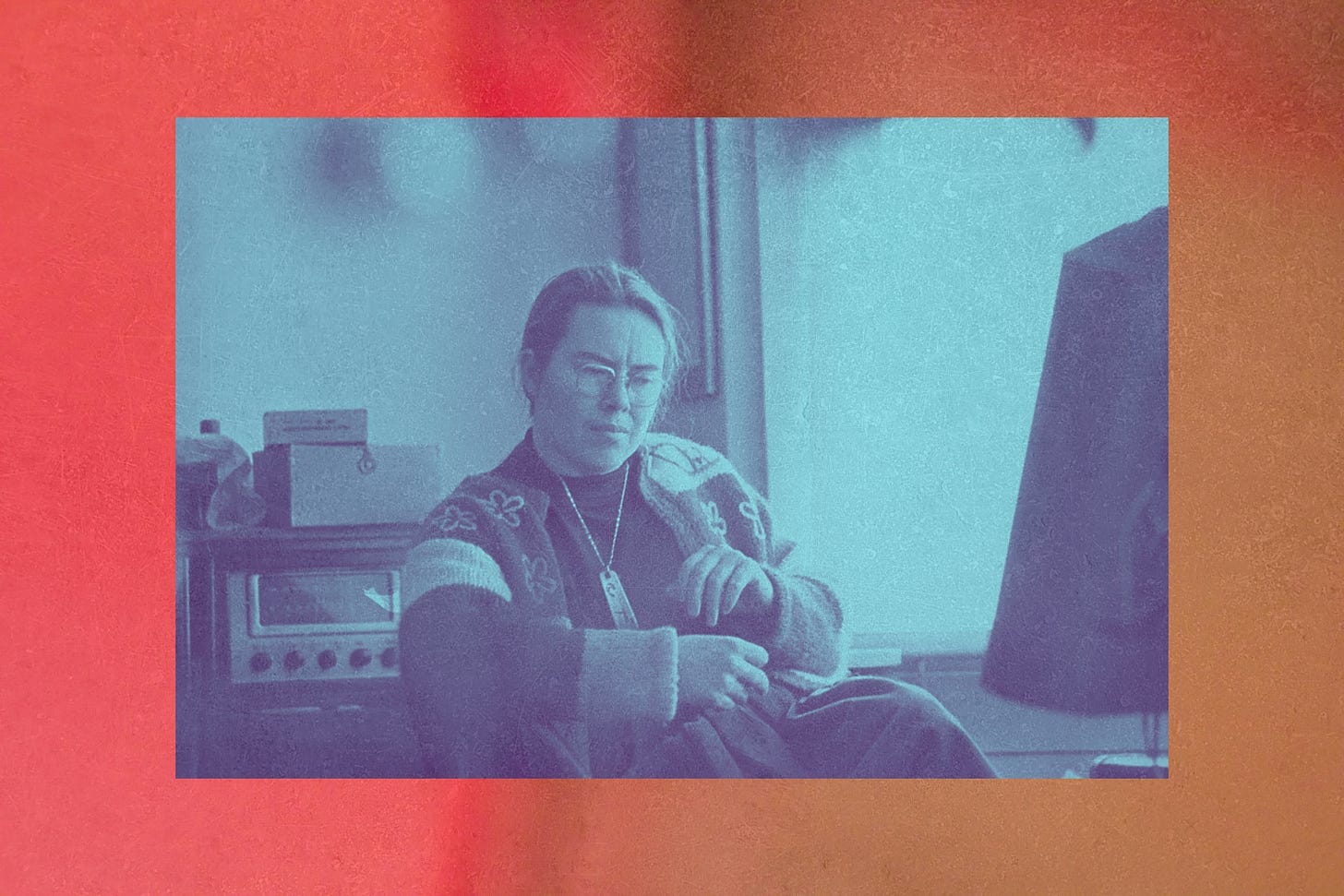Today, I want to talk about insecurities, deep listening, finishing music, mixing, and Teddy Roosevelt.
I have been a full-time freelance composer, music producer, and teaching artist for almost half a decade now. My life quite literally revolves around music and yet for almost the entirety of my 20s I did not listen to music. I never stopped loving music. Instead, I found myself increasingly comparing my own music to that of other artists. The pain and frustration of being able to hear how much worse my own music sounded, coupled with not knowing how to improve it, became too much. My insecurities got the better of me.
It might come as a surprise, but lots of musicians don’t listen to music. If you don’t believe me, every word in that previous sentence links to a different forum post full of composers, producers, performers, and other music makers talking about how they just don’t really listen to music anymore. I’m not for a second trying to imply that any of them stopped listening to music for the same reason I did, but instead simply trying to illustrate the point that not listening to music as a music maker isn’t completely outlandish.
I used to listen to a lot of music
As a teenager, I listened to music all the time. I had a shitty little grocery store mp3 player that ran on AAA batteries and I remember listening to my favorite artists (at the time it was a lot of Tokyo Police Club, Depeche Mode, and The Police) and getting completely lost in the sound. During the week with my mom, I would read issues of Spin and Blender (RIP) and on the weekends I would go to my dad’s and download all the artists I read about using LimeWire. It’s a perfect portrait of the mid 2000s, honestly.
Once I started recording and producing my own music towards the end of my teens and into my early 20s, my relationship with music changed dramatically. I somehow knew too much and not enough all at the same time. I knew how to record music but didn’t know how to make it sound good. Despite the fact that my skills were growing it felt like the gap between my tastes and what I could create had reached its widest point and it was a chasm that couldn’t be spanned. As a result, I slowly withdrew from listening to music as I advanced ever further into learning how to make it.
Fast forward more than 10 years later and I have begun to listen to music again. That listening has been regularly in the last few years via a curated Bandcamp library and Walkman (yeah, Sony is still making them!) and now daily over the last couple of months. I think this change is a result of a number of converging factors. The insecurity that initially drove me away from listening has largely receded over the last three years. Learning how to address the shortcomings in my productions helped. Finally releasing my own music has helped immensely as well. I would also be foolish to not think that my ADHD played a hand in all of this as well.
While I am writing about my own experience today, I also want to think more broadly about why we get insecure as music makers and the role that listening to music plays in combatting or amplifying those insecurities.
Comparison is the thief of joy. Isolation is the thief of context. Denial is the thief of growth.
When I stopped listening to music, I was desperate to get better at making my own as fast as humanly possible. It’s a cruel irony now to know that my decision to stop listening to music likely slowed my progress down for years. It has never been more obvious as to why.
Teddy Roosevelt famously said, “Comparison is the thief of joy.” There is plenty of truth to this statement. In the case of my own musical insecurities, the truth is self evident. I could not stand listening to music I loved because all I actually heard was how horrible I thought my own music to be. I was making a series of unfair and unnecessary comparisons between my work as a student and the work of professionals with teams and resources.
That isn’t to say that there isn’t value in comparison, however. The trick at that point becomes context. If you make contextual comparisons then there remains the opportunity to learn. Context is everything in music. It seems obvious but I point it out to my students fairly often. In what context was a song written, produced, and released? Critical and commercial reception is contextual. Context is the only way anybody can explain Kate Bush’s “Running Up That Hill” becoming a hit nearly 40 years after its release. The song is the same today as it was in 1985 when it was released, the only thing that changed was the context in which people heard it — in this case Netflix’s hit show Stranger Things.
When we as music makers rob ourselves of the opportunity to analyze our work in the context of music we admire, we run the risk of developing our skills in total isolation. We create greater opportunity for our insecurities to run the show despite our best efforts. If we live in musical denial of the art being made around us, we severely limit our growth potential because we have to, essentially, reinvent every musical wheel for ourselves.
We underestimate the value of ear training
I don’t mean ear training in the “first-semester-college-music-theory-what-interval-is-this?” kind of way — though that is a part of it. Instead, I mean ear training holistically. I mean ear training in the sense that you can’t understand the full capacity of a low pass filter without hearing it in use. You can’t understand where you might want to use a tritone substitution if you’ve never heard anybody else use one before. You can’t understand where you might want to place your hi-hats in a mix if you can’t remember the last time you heard somebody else’s music.
Most critically: you can’t know if your ears are actually lying to you if you can’t reference the work of others. This is the most critical part as far as I’m concerned. When I was fighting my own insecurities about my music, I couldn’t hear anything honestly. Everything anybody else made was perfect and anything I made was terrible. Or at least that’s what I believed, because I was rarely listening to anything. I didn’t have any relative frame of reference.
Often, I think about this now in terms of deep listening. Composer Pauline Oliveros framed deep listening as “the difference between the involuntary nature of hearing and the conscious nature of listening.” I love this. To truly listen, we have to be aware of ourselves as well. To hear is to involuntarily receive the sonic stimulus foisted upon us by our environment, to listen is to consciously make an effort to not only actively observe that stimulus, but to remain aware of yourself and your reactions to that stimulus in the process. Listening has to consider our thoughts and emotions as well, for better or worse.
Despite the fact that music is an art of emotions, I’ve come to learn that there are many points in the process where you must do your best to be impartial. Emotions are so valuable for writing music but so dangerous for finishing music. I see this all the time when it comes to mixing. I used to believe I would never be able to mix my own music. A lot of people share this feeling, I’ve found. Even as recently as this week I heard a student echo that sentiment in one of their lessons. It is an emotionally fraught process for composers and producers who are just looking to get their music out there.
I now know that with a little bit of guidance on best practices and a couple of stock plugins (EQ, compressor, reverb, delay, and a channel strip with controls for gain and panning) most anybody can get themselves to a solid mix, or at the absolute worst something they aren’t ashamed of. You just have to understand what you’re going for and what your target goal is. This can’t be achieved without listening. Yes, having a reference track is important but also having a strong relative sense of what the music you love sounds like will speed up the process in the long run.
My ear is so much sharper in so many ways since I started listening to music again regularly. Passive and active listening outside of the context of tutorials and reference tracks is a bulwark against the kind of ear-warping games our insecurities can play. May the music we love keep us from getting too delulu about the music we make.
Until next time.
Quick Hits
Listen to my new single “Run.” It’s a song about frustration, realization, and release. Glitchy drums, a string quartet, and big vocals. Listen here.
I’m on YouTube now. Check out instrument design tutorials, production breakdowns, and music videos. Subscribe here.
I currently have capacity to take on two more music production students. I offer private one on one lessons over Zoom. You can sign up for lessons here.








